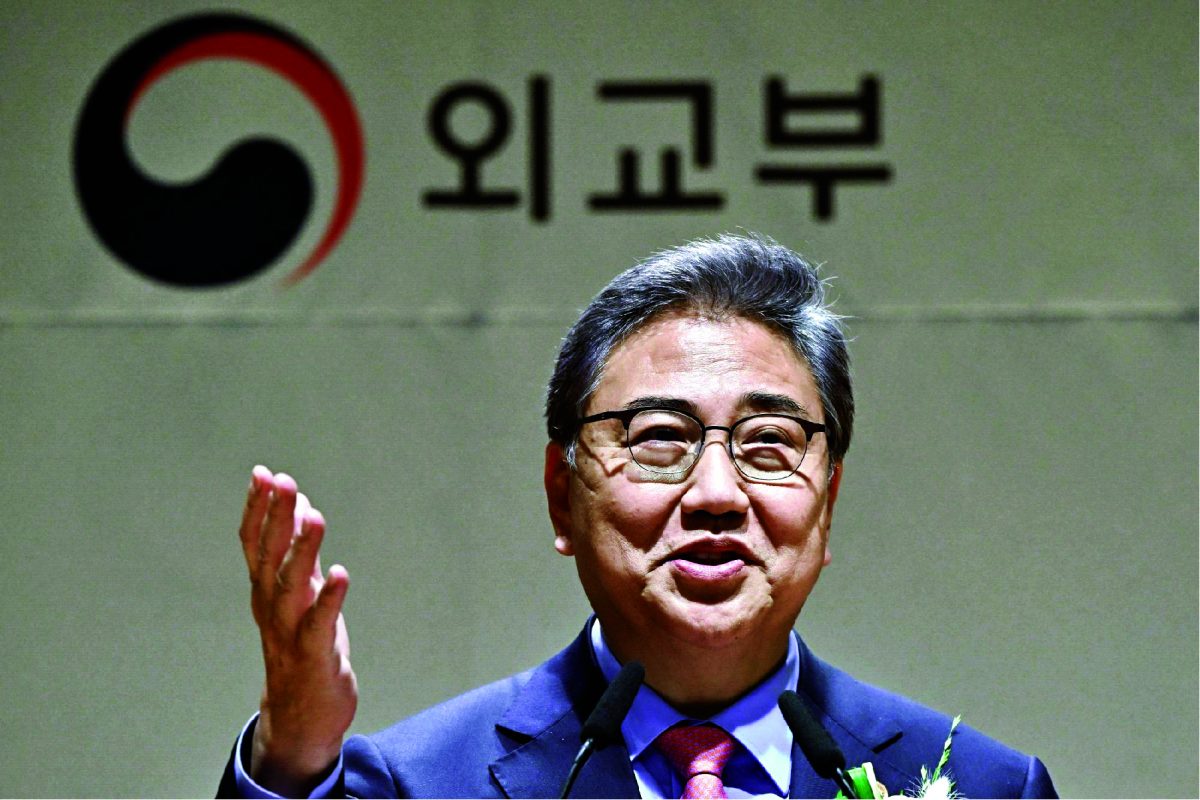SEOUL, (Reuters) – South Korea’s Foreign Minister Park Jin on Friday called on China to play a “constructive role” in curbing North Korea’s threats, after Pyongyang launched an intercontinental ballistic missile (ICBM) this week.
The remarks were made during a meeting with Chinese top diplomat Wang Yi on the sidelines of an Association of Southeast Asian Nations (ASEAN) meeting in Jakarta, where Park “strongly denounced” North Korea’s ICBM launch.
It is a common interest of Seoul and Beijing for North Korea to stop provocations and return to dialogue, his office said.
“Minister Park … stressed that it was more important than ever for the Chinese side to play a constructive role for the peace and stability of the Korean peninsula,” Seoul’s foreign ministry said in a statement.
For several years, the United Nations Security Council has been divided over how to deal with Pyongyang.
China and Russia have said that more sanctions will not help to ease tensions, while Washington accuses Beijing and Moscow of emboldening North Korea by shielding it from more sanctions.
Relations between South Korea and China have also worsened since China’s ambassador last month warned South Korea against making a wrong bet when it comes to Sino-U.S. rivalry.
South Korean President Yoon Suk Yeol had already angered China in April by saying the Taiwan issue was not merely an issue between China and democratically governed Taiwan, but a “global” issue similar to North Korea. Beijing claims Taiwan as part of its territory.
“The Taiwan issue is the core of China’s core interests, and concerns the political foundation and basic faith of China-South Korea relations,” Wang told Park at the ASEAN meetings, according to a Chinese foreign ministry readout on Saturday.
“It is hoped that the South Korean side will abide by the one-China principle and handle it prudently and properly.”
China is willing to work with South Korea on rebuilding mutual trust and pushing their strategic partnership back to a healthy track, Wang said.
The two sides also exchanged views on the situation on the Korean Peninsula and other international and regional issues, China’s foreign ministry said, without giving details.






